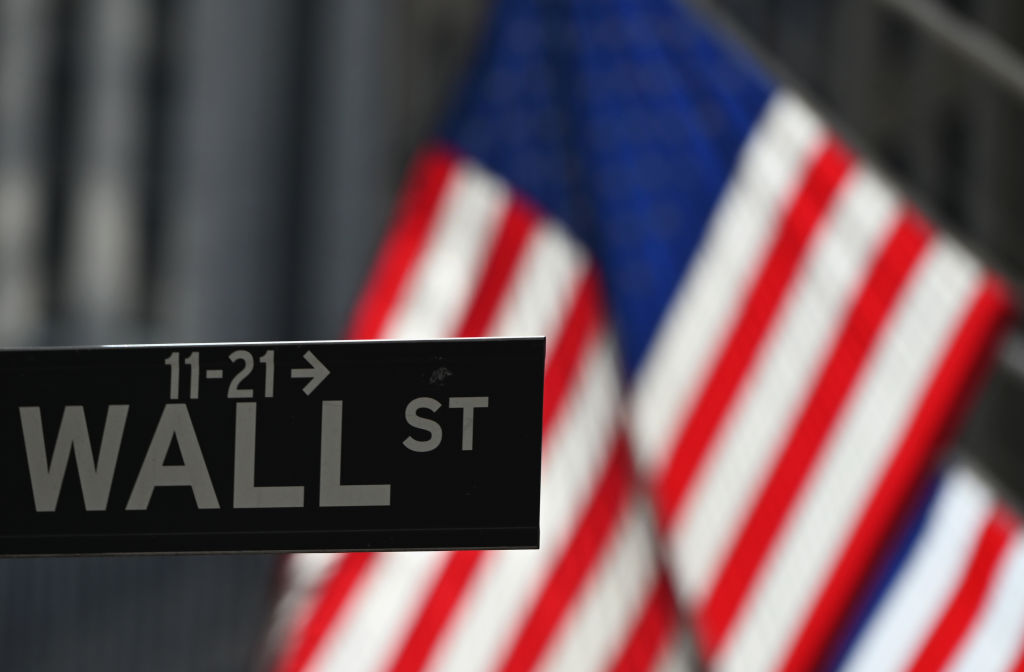
Biotech IPO freeze continues as second quarter is slowest in more than a decade – MedCity News
Bausch + Lomb’s $630 million IPO was the biggest one in the second quarter of this year. It was also an outlier. The steep drop off in IPO activity continued in the most recent quarter, which saw the number of completed new stock offerings dip to levels last seen in the Great Recession of the late 2000s.
The 21 IPOs that raised $2.1 billion in the second quarter made it the slowest second quarter for IPOs since 2009, according to a new report from IPO research firm Renaissance Capital. By comparison, the second quarter of last year tallied 118 newly public companies that raised $40.7 billion. It turned out to be the peak. IPOs dipped in the third and fourth quarters of last year. In the first quarter of this year, activity plummeted to just 18 IPOs. Renaissance said factors holding new IPOs in check include recession fears and record inflation.
“New issuers are still waiting for better conditions, and meaningful IPO activity is unlikely to resume until returns improve,” Renaissance said in the report.
The large life science IPOs in the second quarter are exceptions. Bausch + Lomb is a well-known brand with a broad portfolio of eyecare products commercialized around the world. It’s also no stranger to the public markets. Bausch + Lomb traded on the New York Stock Exchange for nearly 50 years until it was acquired by private equity firms in 2007. HilleVax raised $200 million from its IPO. While the vaccine developer is not as well known as Bausch + Lomb, it spun out of pharmaceutical giant Takeda Pharmaceutical with a norovirus vaccine candidate that has already successfully demonstrated proof of concept in Phase 2 testing in adults. Both companies are less risky investment bets compared to some of early-stage companies that have been trying to go public.
HilleVax priced shares at the midpoint of its targeted price range, and the company was able to boost the deal size by offering more shares. However, Bausch + Lomb’s strong balance sheet and growing business were not enough to offset the dampening effects of the financial markets. The company priced its IPO at $18 per share, well below the $21 to $24 per share range that the company had set. PepGen, a biotech in early-stage clinical development, was able to raise $108 million from its IPO. But the genetic medicines delivery company priced its stock offering below the targeted price range so it needed to sell more shares to top the $100 million mark.
A year ago, an IPO topping $100 million was common. In the second quarter, just six IPOs crossed that threshold. The median deal size in the second quarter was $22 million, which Renaissance said marked a multi-decade low. The firm calculated that just 25% of newly public companies finished the second quarter above their IPO prices. Shares of Bausch + Lomb, HilleVax, and PepGen are all trading below their offering prices.
Financial conditions continue to hold down new efforts to go public. New filings have sunk to a six-year low, Renaissance said. The pipeline of companies that have already filed remains full, even if it’s not moving much. In some cases, companies are postponing IPO plans indefinitely. Bausch Health Companies, the firm that had acquired Bausch + Lomb and adapted its name before spinning out the eyecare business, had also planned to spin off the skincare business named Solta Medical. Last month, Bausch Health said it was suspending the Solta IPO, citing the challenging market conditions. SPAC deals are not doing any better. Though such deals were hot in 2021, Renaissance counted just 15 blank check IPOs and 19 merger completions in the second quarter.
The sluggish financial conditions are leading some publicly traded companies to pursue alternative financial strategies. Radius Health is going private via a buyout by two private equity firms. In explaining the rationale for the deal, company executives cited the rough markets, particularly for biotech companies. Blueprint Medicines found a way to raise money without tapping the financial markets. Last week, the company agreed to sign over some of the royalties it’s owed for two cancer drugs in exchange for $575 million upon the close of the deals. In the years to come, these financing agreements could bring Blueprint up to $1.25 billion in total capital.
Photo: Angela Weiss/AFP, via Getty Images